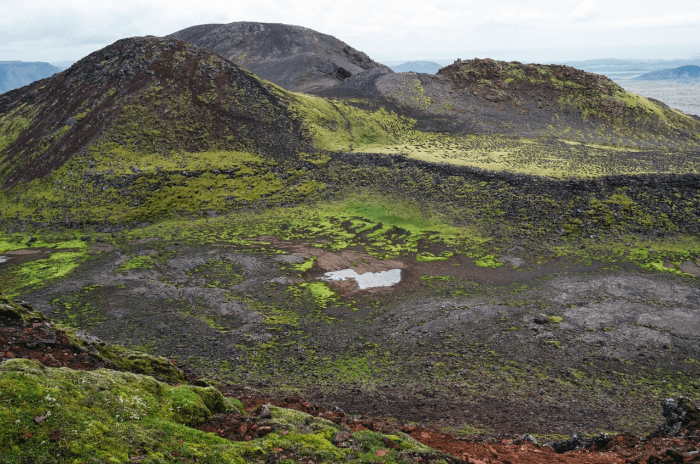
Peat is composed largely of sphagnum and other mosses, although some other plant material may be included. Because these plants grow in wetlands, the abundance of water decaying plants breakdown slowly and without the presence of oxygen. That is, decomposition is anaerobic, more than aerobic.
Commercializing Peat Moss
Harvested peat is employed in a number of ways. Perhaps best known is its use as a soil amendment and in the manufacture of peat pots for seed germination. In some regions, dried peat is used for the generation of electric power.
There might not be much impact from this, except over large periods of time, meters-deep peat bogs form. They become a valuable resource. However, the need for peat is sometimes less than need for land. So, at times, peat bogs are drained and prepared for the building of businesses or housing.
As we shall see, this action can lead to serious problems!
How Can Peat Impact the Environment?
The soil where most of us live is mineral based, including among other things, sand or silica, plus clays. To be sure, there are traces of other substances, but then that’s the point. Traces. Peat, on the other hand, is not mineral based at all, but is carbon-based. Mosses, after all, are plants, and plants are carbon-based.
When burned as fuel, an abundance of carbon dioxide results, which is released into the atmosphere. Now when other fuels are burned for human use, these do much the same, and so, though considered necessary by most of us, it impacts the environment, nonetheless.
The Rest of the Story
All of this might be of no particular interest, except for the areas where the water is drained from peat bogs. This is risky business, at best. Please watch this brief video on the extensive peat bogs of Russia, and what the Russians experienced a number of years ago.
Clearly, peat is a marvelous natural resource. As has always proved to be the case, however, mankind has been overly anxious to take advantage of resources without considering possible consequences. Rather than a fast and easy buck, it is better to be thankful and considerate before taking advantage of a “gift horse”.
Note these other relevant articles concerning both carbon dioxide and its environmental impact…
- Cement Production Aggravates Carbon Dioxide Levels
- Maximize Carbon Dioxide Greenhouse Gas Production
References: